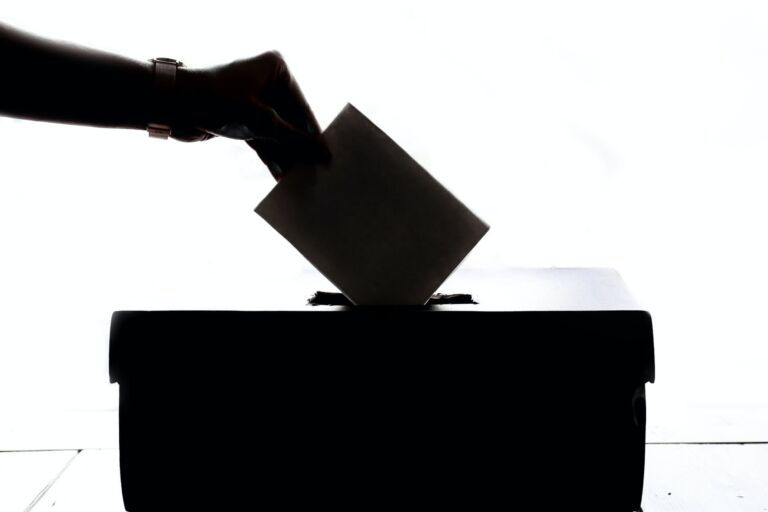The North Carolina Supreme Court is rehearing Holmes v. Moore, a voter ID case, today. That is a good thing, one the previous court majority brought about through the legal and procedural flaws in its decision last December. It is one of two cases the court is rehearing this week.
Procedural Flaws in December Ruling that Made the Rehearing Necessary
Rehearings are little-used procedures, and this one was only made possible by the previous court majority ignoring the normal judicial process to issue a ruling last December:
The unusual procedures they used to hear both cases early also reflected outcome-based decision-making. In both cases, they bypassed the normal appeals process to hear the cases early. This truncated process allowed both cases to come before the court by October 2022, so they could reach a decision “at the earliest possible opportunity.”
Even without fast-tracking, the court would’ve resolved the normal appeals process in plenty of time for the 2024 election. The court’s progressive majority failed to show that there would be any harm in letting the normal appeals process take its course. Their stated motivation is suspect.
Based on the majority’s conduct, their real motivation was something completely different.
As if sensing that voters were going to end their control of the Supreme Court in the 2022 election, the progressive majority broke with standard judicial procedure so they could decide those cases before they lost the power to do so. Sure enough, progressives lost both Supreme Court races in November. But the damage had been done, and the lame-duck majority issued its rulings on Dec. 16.
Legal Flaws in the December Ruling that Made the Rehearing Necessary
Perhaps the best way to illuminate the unsound reasoning that went into the December decision in Holmes v. Moore is to highlight the dissent of Justice Phil Berger Jr. (pages 60-89):
The majority and the trial court make the same legal mistakes for which the federal district court’s ruling was rebuked by the Fourth Circuit in Raymond: they misapply Abbott v. Perez, 138 S. Ct. 2305 (2018), fail to credit the legislature with the presumption of good faith, and place no burden on plaintiffs. The legislature was required to pass enabling legislation by virtue of the constitutional amendment authorized by the people. This important procedural event, which is discussed at length in Raymond, is all but dismissed by the majority in its analysis. Moreover, the majority affords no presumption of good faith, even though S.B. 824 is far less restrictive than what could have been passed under the plain language of the constitutional amendment.
The plain language of S.B. 824 shows no intent to discriminate against any group or individual, and there is no evidence that S.B. 824 was passed with race in mind, let alone a racially discriminatory intent. The majority relies, as it must, on a misapplication of relevant case law and on its own inferences to reach a contrary result. As in Raymond, the lower court’s final judgment and order should be reversed, and I respectfully dissent because “fundamental legal errors . . . permeate [the majority] opinion.” Raymond, 981 F.3d at 310–11…
…The majority here declines to consider the competency of the evidence or the sufficiency of the factual findings below, accepting instead the conclusory findings of the panel without scrutiny. Supra ¶ 83. It is notable that this same majority, on this very day, is releasing an opinion in which it explicitly reweighs evidence, upends factual findings, and overrules legal conclusions made by a trial court. See Harper v. Hall, 2022-NCSC-121, ¶¶ 94–102. The logic-fluid view of factual findings from the trial courts in these two cases today demonstrates that the majority is more interested in outcomes than consistency…
…A proper analysis pursuant to Abbott and Raymond would show that legal error infected the entirety of the trial court’s decision. Accordingly, this Court should reverse and remand to the trial court for application of the correct burden of proof and the proper presumption of legislative good faith.
Justice Berger will likely write the majority opinion of the rehearing in Holmes v. Moore.


